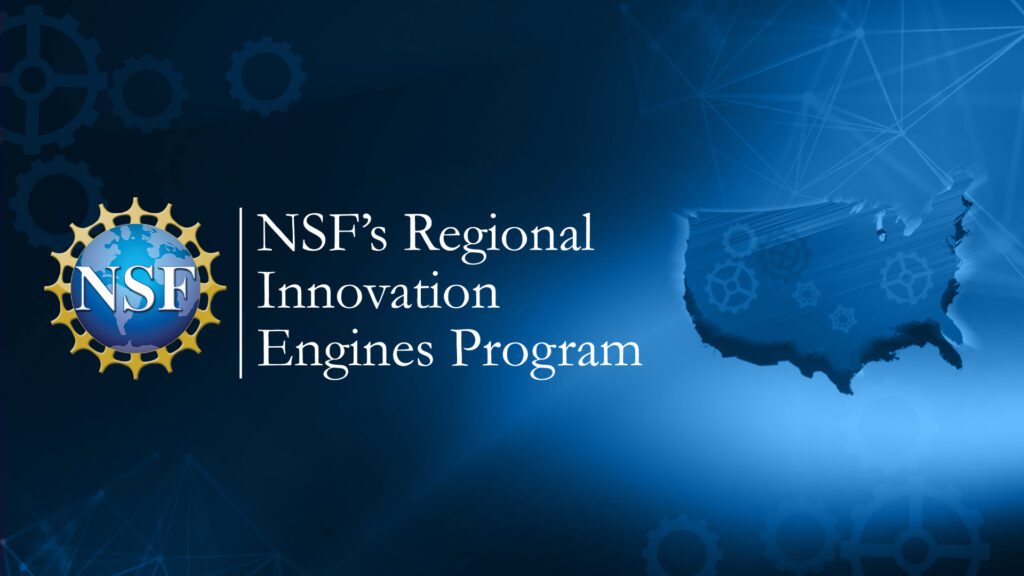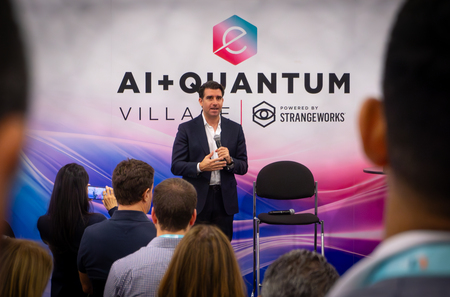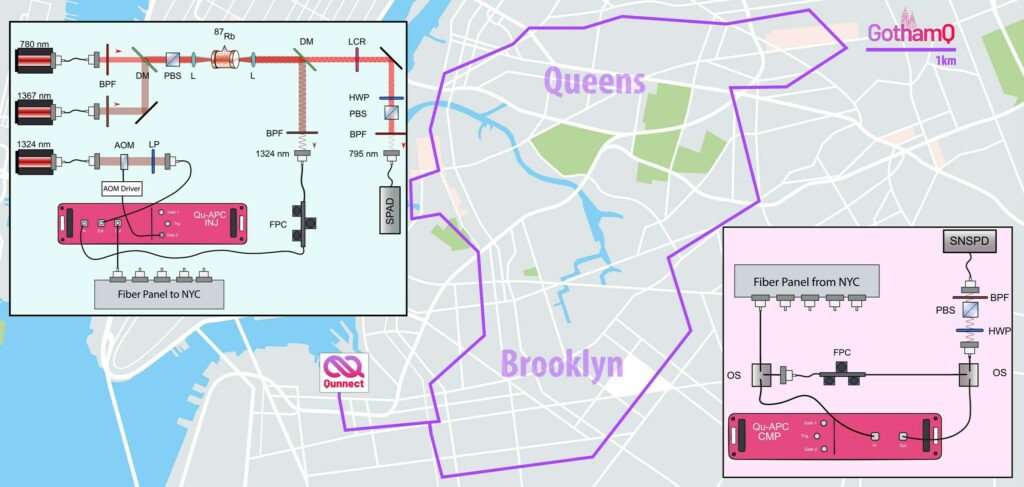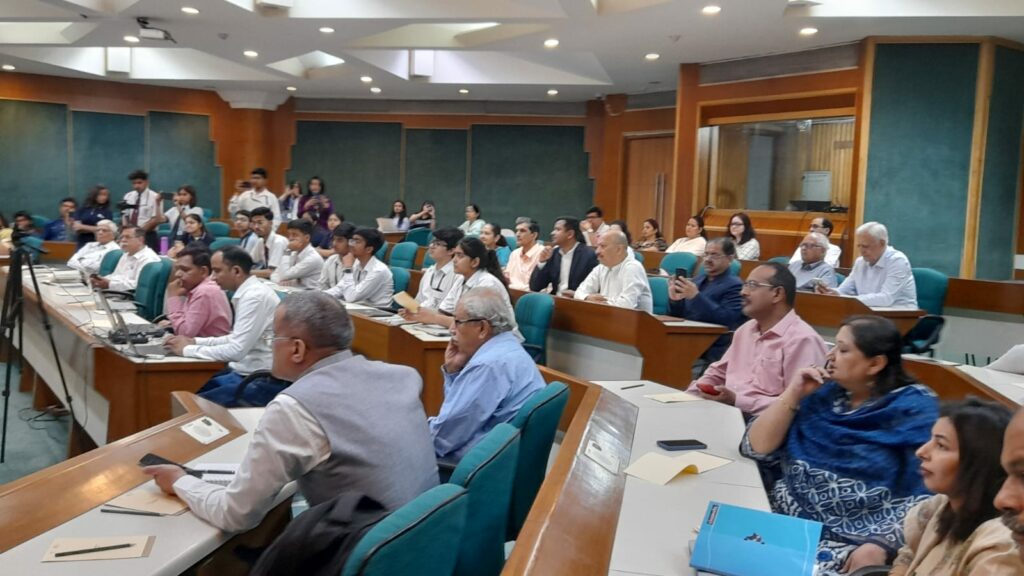
Indian Landscape
The days when the most populous countries in the world, China and India, are playing catch up in the technological sphere are well and truly over. Tech hubs like Shenzhen in China and Bangaluru in India just go to prove they have finally arrived on the world’s stage. With a massive quota of well-educated graduates in the STEM fields, the two countries will never be short of manpower to fill the positions in the big tech corporations and smaller startups.
This bodes well for the deep tech sectors like advanced materials science, AI, biotechnology, robotics, blockchain, cryptocurrency, and quantum computing (QC), the latter an industry where China and India are really starting to show what they can do.
Though later in the game than China, India has a burgeoning quantum technologies startup scene taking root with QNu Labs, Quantumzyme and others joining the academic initiatives that gamble on a quantum future like the Raman Research Institute, the Quantum Information and Computation Group based at the Harish-Chandra Research Institute (HRI), the Indian Institute of Science — Initiative on Quantum Technology (IQT@IISc), the Indian Institute of Science Education and Research Bhopal, as well as the Quantum Measurement and Control Laboratory located at the Tata Institute of Fundamental Research (TIFR).
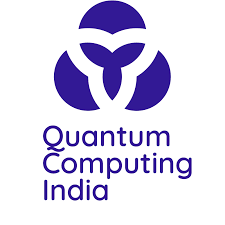
Notwithstanding the startups in the space, doing what they’re doing because they’re led by ambitious, smart and motivated entrepreneurs on a mission to succeed, the only downside to this is the absence of autonomy in Indian universities and their respective research arms in financial and administrative matters. Faculty members are most often paid a pretty pittance, which in turn leads to a lack of motivation (in some cases) and a deterioration in educational standards. The migration of the best high school students abroad to study in North America and Europe has been a problem for a long time, though in recent times many of the graduates have returned to their roots and established startups or been hired by multinationals based in the country.
“India has immense potential in building amazing world-class organizations because of the increase in its startup culture/potential and producing a highly skilled quantum workforce due to the presence of respected institutes like IISC, IISER, HRI, and TIFR.”
— Abhishek Chopra, CEO & cofounder BosonQ Psi
This is in the quantum technologies sector, too, where those trained in quantum are returning to Mother India.
More good news came at the beginning of last year when Nirmala Sitharaman, India’s finance minister, announced plans to invest approximately $1.1B over a five-year period under the guise of the National Mission of Quantum Technology and Application project to boost quantum computing research within the country.
Still, though there’s no dearth of talent on the theoretical side of things, India lacks the world-class infrastructure and research labs many of their colleagues in the west take for granted (notwithstanding the aforementioned initiatives). And as a country of one-point-three billion with a budget that can afford nuclear weapons, in all honesty, shouldn’t it have many more to boast of?
Probably.
But forget all the ‘ifs’ and ‘buts’, because the here is now, and India is on to being one of the major players in the second quantum revolution.
If not in the next half-decade, then later, but a player. Already young scientists — many of them with academic experience in the United States and other western academic institutes — have a hunger to bring their experience and knowledge back to India in order to improve technological outcomes and develop Indian quantum information sciences (QIS) to the next level.
CEO
A prime example of this get-up-and-go attitude on the subcontinent is obvious when talking about BosonQ Psi (BQP). Based in Bhilai, Chhattisgarh, the quantum technology startup — which TQD covered in an exclusive story a while back — is at the forefront of QIS and multiphysics engineering simulations. Led by its smart, affable co-founder and CEO Abhishek Chopra, BQP is determined to build the best multiphysics simulation software for quantum computing applications on the market.
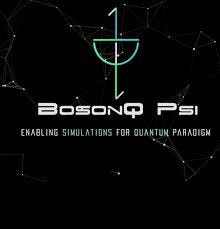
Some of the areas BQP’s software solutions will target are hard problems in computational fluid dynamics, computational structural dynamics, computational heat transfer, multidisciplinary optimization, and computational aeroacoustics which will, hopefully, help to eradicate the applied headaches that still exist in the automotive and aerospace industries, medical research and in material science conundrums like with the processing of polymers.
And that’s only naming four.
I recently managed to grab an enlighted thirty-minute video call with Chopra (out of his busy schedule) to talk shop about his life in the US and the other passion in his life, the quintessential English (or is that really Indian?) game of cricket. Then, we got down to business, discussing his startup’s vision for the future and other India-related topics connected to quantum.
TQD: “Abhishek, first of all, how do you see BosonQ Psi doing in relationship to the overall QC industry in India?”
Chopra: “India’s QC industry has seen interest in Quantum Cryptography (QKD) mostly and some interest in Quantum Machine Learning for pharmaceutical and finance applications. Since its inception, BosonQ Psi has taken atonement towards a paradigm shift in the quantum realm. We are the first company in India and worldwide to leverage the power of Quantum computing to speed the Multiphysics simulations, which is an essential tool in industries such as automotive, aerospace, energy, marine, astrophysics, and manufacturing, where engineering design and analysis is vital. Our uniqueness comes from the fact that we come from an application perspective and utilizing the power of Quantum Computing through the development of state-of-the-art Quantum algorithms rather than being a generic Quantum computing company that focuses on various applications.”
“We also understand that QC is still in the maturity stage, and that’s why promotion or awareness of quantum tech is of utmost importance. We are working tirelessly towards this goal, and the fact that our “Quantum Winter” Hackathon was such a great success is just the cherry on the proverbial cake.”
TQD: “And what can India contribute to the global industry?”
Chopra: “India has immense potential in building amazing world-class organizations because of the increase in its startup culture/potential and producing a highly skilled quantum workforce due to the presence of respected institutes like IISC, IISER, HRI, and TIFR.”
TQD: “Is there now more exposure and knowledge of quantum technology startups in the country? Is funding hard to get?”
Chopra: “Yes, there is an increase in exposure of quantum computing startups in India. Many groundbreaking startups are exploring the quantum realm; startups like Qnu labs, QpiAI, and Quantica Computacao are doing something exciting. The landscape that we are perpetrating with clearly scales out India’s standing as a knowledge powerhouse and a cradle of innovation, and a land of opportunities and advancement. However, funding is not easy to get as of now. I would like to see research funds, angel investors, and VCs more soon.”
TQD: “The quantum technologies workforce — is it growing or is it still early days?”
Chopra: “There is a sudden increase in quantum technology awareness. Covid 19 lockdown made it possible for many to invest their time in learning Quantum Computing. This gives hope that there will be an increase in quantum literate experts soon. But still, the workforce is in its early stage.”
TQD: “Where do you see India in the QC landscape in the near-term, mid-term, and long-term?”
Chopra: “Two big news in recent time has boosted India’s Quantum computing landscape in the near term — the Indian govt announced its plans to invest 8000 crores over the next five years to support Quantum Technologies and AWS partnering with MEITY (Gov body) to start India’s first QC lab. To help these plans go further in the mid-term, the gov needs to proactively fuel startups and at the same time bring foreign startups and companies to India. In the long term, the investor community needs to educate themselves about QC and include them in their deep tech portfolio, and strong industry-academia partnerships need to be born for India to become self-reliant and provider to the world of Quantum technology.”
TQD: Thank you for your time, Abhishek.
Work Ahead
The fact that Chopra realizes quantum is still early in its maturity stage — not just on the subcontinent but in global terms, too — proves he is well aware of the hard work ahead, both in terms of the technology itself and the evangelism required to get more people on board.
He is also mindful India has huge potential as to the massive workforce and the country’s tradition of producing elite students in the STEM subjects at home and abroad.
No matter what the outcome in the years ahead, there is little doubt India — and startups like BQP — will be at the vanguard of R&D in the QC industry.














